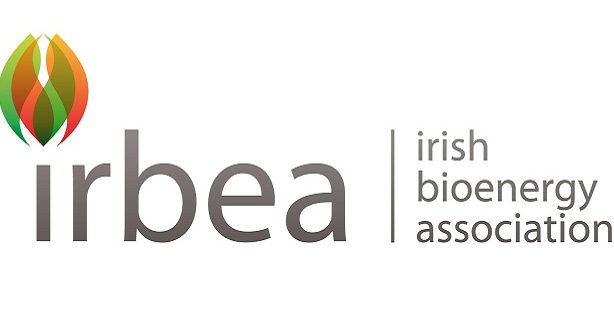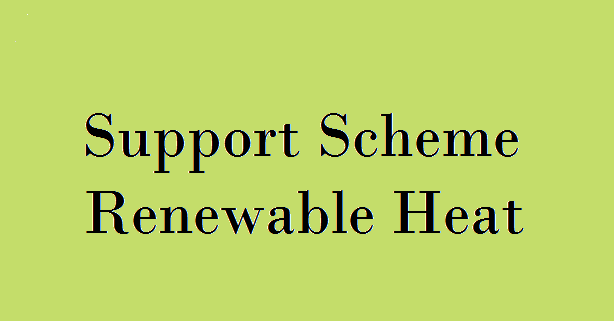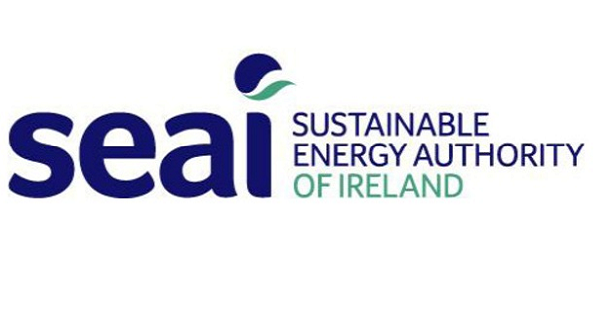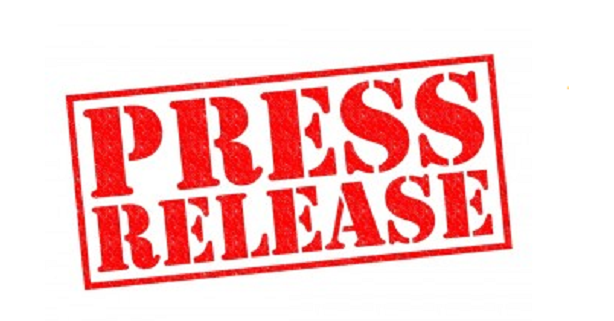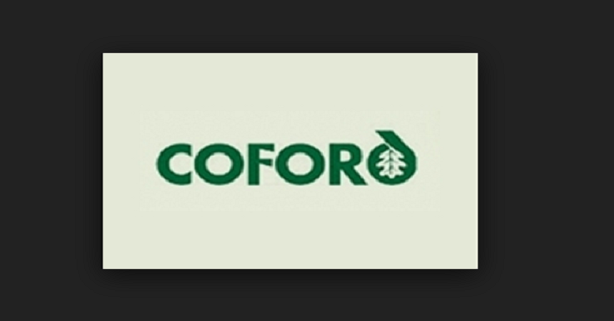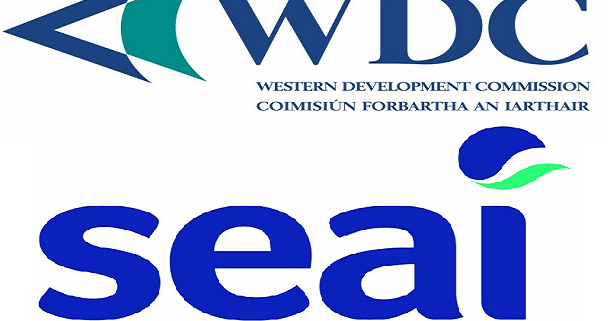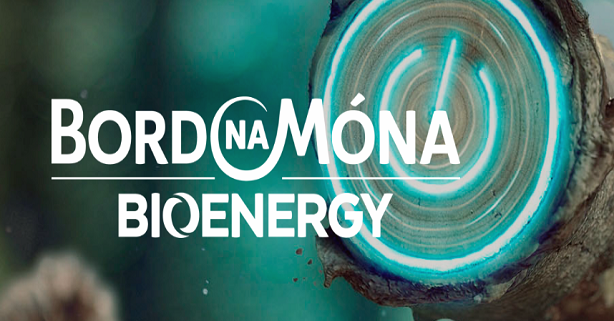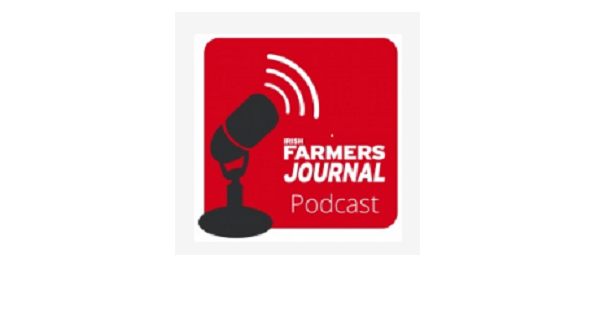Press Release 2017/12
The Irish Bioenergy Association welcomes the introduction of the long awaited Renewable Heat Incentive (RHI) today (7 Dec 2017) by the Minister for Communications, Climate Action and Environment, Denis Naughten TD. An RHI scheme was first officially conceived as part of the Bioenergy strategy consultation in May 2013, and formally announced in the October 2014 Draft Bioenergy Plan but was never delivered. After much lobbying activities and design consultations by IrBEA and other players in the bioenergy sector in the interim, the biomass industry will now see an RHI scheme live in 2018.
“This is a very welcome development for the bioenergy sector in Ireland, one that has been stagnant for almost 5 years since 2013 whereby many Irish companies have subsequently gone out of business. There will be new opportunities now to stimulate growth for those businesses in the biomass supply side and indeed the biomass technology provider of which we have many as members of the Irish Bioenergy Association. As well as helping to meet the EU heat targets of 12% (currently 6.8%) by 2020 it will play a role in reducing potential fines come 2020. It is perhaps disappointing not see any support for biomethane gas grid injection from AD in this phase but there are still supports for AD heating technologies and of course biomass heating technologies which is a positive. Certainly the ambition to have a scheme open to applicants in 2018 is welcome, but this Government approval is still subject to EU state aid approval. The tiered rates are generally positive but they do not favour the larger type installations offering a subsidy of only 0.05 c/kWh which is where the biggest opportunity exists to close the gap in the renewable heat target” says Ger Devlin IrBEA CEO.
The scheme will support the adoption of renewable heating systems by commercial, industrial, district heating and other non-domestic heat users at sites not covered by the emissions trading scheme. There are also installation grants available up to 30% for the installation of heat pumps. A separate budget would be favoured for such a grant scheme.
About the Irish Bioenergy Association
Dr Ger Devlin is CEO of the Irish Bioenergy Association. With over 200 members, IrBEA is the national association representing the bioenergy industry on the island of Ireland. The main objectives of the association are to influence policy makers, to promote the development of bioenergy and to promote the interests of its members. Improving public awareness, networking and information sharing and liaising with similar interest groups are other key areas of work in promoting biomass as an environmental, economic and socially-sustainable energy resource. www.irbea.org and www.bioenergyfutureireland.com
Links
DCCAE Press Release on RHI (7 December) here
New €1bn Renewable Heat Scheme Unveiled for Irish firms – Irish Times (7 December) here
ENDS

